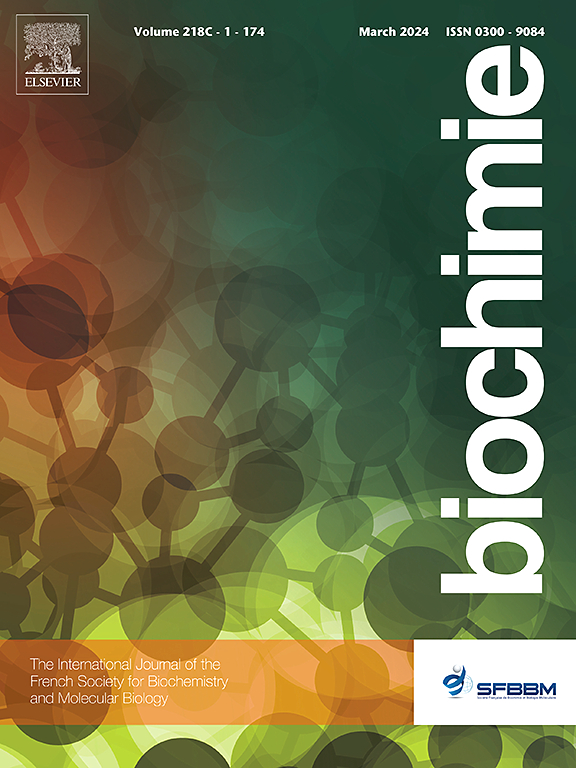细胞周期调控促进CHO细胞重组蛋白产生的研究进展
IF 3
3区 生物学
Q2 BIOCHEMISTRY & MOLECULAR BIOLOGY
引用次数: 0
摘要
中国仓鼠卵巢(CHO)细胞具有独特的能力,能够产生具有复杂结构和类似人的翻译后修饰的重组蛋白,已成为生物制药生产中主要的宿主系统。然而,低表达水平和产品异质性仍然是CHO细胞应用中急需解决的关键瓶颈。目前的策略包括培养条件优化、载体设计改进和针对表达调节机制的细胞工程方法。在这些方法中,细胞周期调节由于其与转录活性和生物合成过程的内在联系而引起了极大的关注。细胞周期的每个阶段都受到严格调控,并对基因表达模式施加阶段性影响,包括转录活性的时间控制、功能特化和细胞过程的调节。因此,针对关键调控节点的细胞周期工程策略-如周期蛋白依赖激酶(CDKs),周期蛋白家族蛋白和E2F转录因子-已经成为控制细胞周期进程/停滞并从而提高重组蛋白产量的有希望的方法。本文综述了细胞周期的不同阶段和特征,综合分析了细胞周期调控对CHO细胞重组蛋白产量的影响以及该领域的最新研究进展。本文章由计算机程序翻译,如有差异,请以英文原文为准。
Advances in cell cycle regulation to enhance recombinant protein production in CHO cells
Chinese hamster ovary (CHO) cells have become the predominant host system in biopharmaceutical production due to their unique capacity to generate recombinant proteins with complex structures and human-like post-translational modifications. However, low expression levels and product heterogeneity remain critical bottlenecks requiring urgent resolution in CHO cell applications. Current strategies encompass culture condition optimization, vector design improvements, and cell engineering approaches targeting expression regulation mechanisms. Among these approaches, cell cycle regulation has garnered significant attention due to its intrinsic connection to transcriptional activity and biosynthetic processes. Each phase of the cell cycle is tightly regulated and exerts phase-specific influences on gene expression patterns, including temporal control of transcriptional activity, functional specialization, and modulation of cellular processes. Consequently, cell cycle engineering strategies targeting key regulatory nodes – such as cyclin-dependent kinases (CDKs), cyclin family proteins, and E2F transcription factors – have emerged as promising approaches to control cell cycle progression/arrest and thereby enhance recombinant protein yields. This review systematically examines the distinct phases and characteristic features of the cell cycle, while comprehensively analyzing the impact of cell cycle regulation on recombinant protein yield in CHO cells and recent research advancements in this field.
求助全文
通过发布文献求助,成功后即可免费获取论文全文。
去求助
来源期刊

Biochimie
生物-生化与分子生物学
CiteScore
7.20
自引率
2.60%
发文量
219
审稿时长
40 days
期刊介绍:
Biochimie publishes original research articles, short communications, review articles, graphical reviews, mini-reviews, and hypotheses in the broad areas of biology, including biochemistry, enzymology, molecular and cell biology, metabolic regulation, genetics, immunology, microbiology, structural biology, genomics, proteomics, and molecular mechanisms of disease. Biochimie publishes exclusively in English.
Articles are subject to peer review, and must satisfy the requirements of originality, high scientific integrity and general interest to a broad range of readers. Submissions that are judged to be of sound scientific and technical quality but do not fully satisfy the requirements for publication in Biochimie may benefit from a transfer service to a more suitable journal within the same subject area.
 求助内容:
求助内容: 应助结果提醒方式:
应助结果提醒方式:


